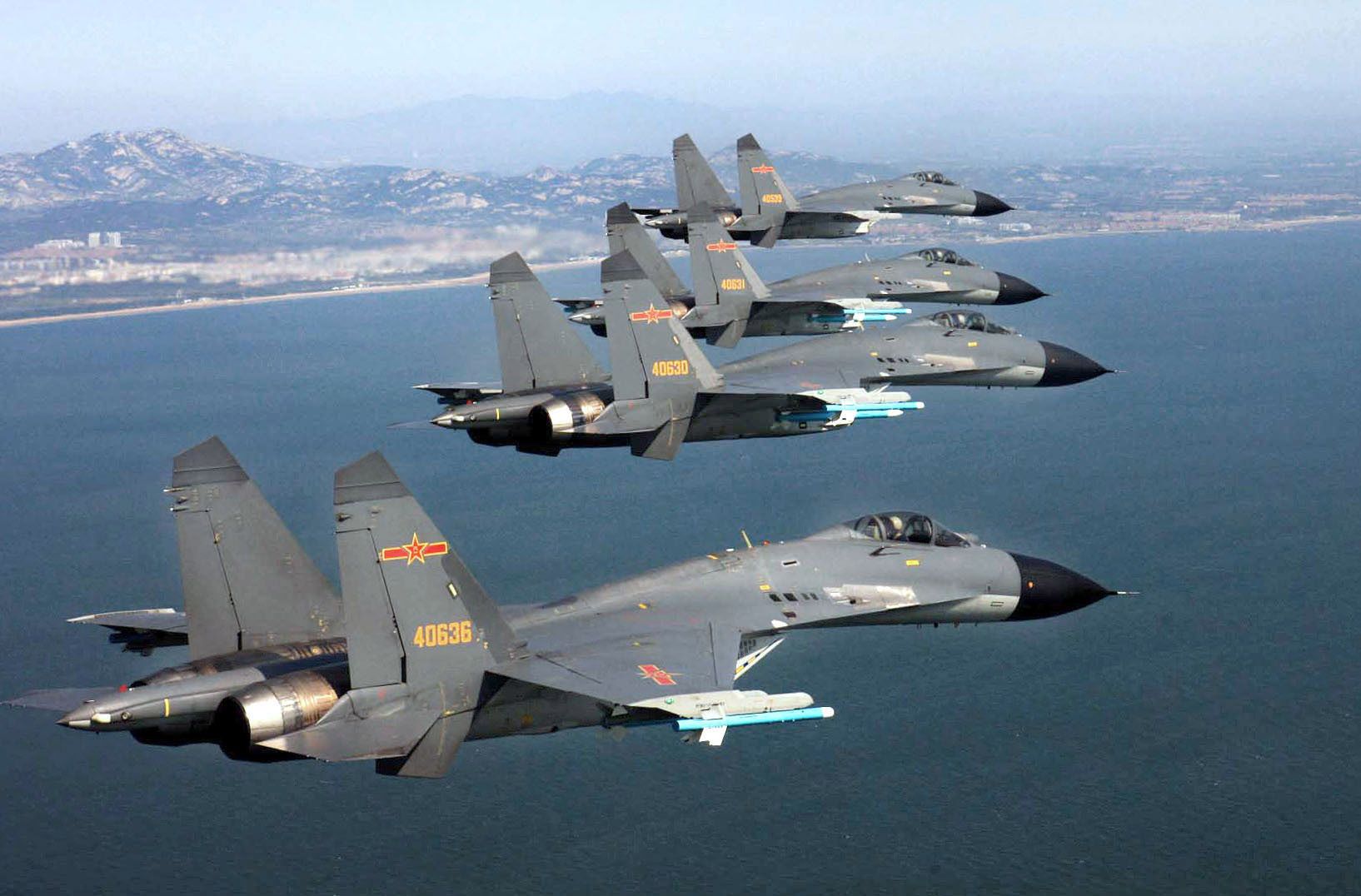China’s 2017 defense budget will expand by about 7 percent, a spokesperson for the annual session of the country’s top legislature said Saturday.
Fu Ying, spokesperson for the 12th National People’s Congress (NPC) annual session, said the increase is in line with China’s economic development and defense needs.
The new increase could be the country’s slowest defense budget rise in at least a decade, marking the second time for the defense budget increase to dip into the single digits since 2010. In 2009, the figure was about 15 percent.
“China’s military capacity building will be continued. This is the requirement for safeguarding our national sovereignty and security,” Fu told a press conference.
Her words came as China’s economic growth registered a nearly three-decade low of 6.7 percent. However, the rate still outpaced most other major economies.
Premier Li Keqiang will unveil the government’s 2017 GDP target on Sunday. The exact figure for this year’s defense budget is also expected to be released in a budget report Sunday.
According to the budget report of last year’s session, China’s defense budget in 2016 was set to grow 7.6 percent to 954 billion yuan (about 138 billion U.S. dollars).
Last month, U.S. President Donald Trump pledged to further strengthen his country’s military buildup.
In his first address to Congress after taking office, Trump proposed a huge 54-billion-U.S. dollar surge in the country’s military spending, up 10 percent from the previous year.
Fu, meanwhile, noted that China’s defense spending accounts for only about 1.3 percent of the country’s GDP, compared with NATO members’ pledge to dedicate at least 2 percent of GDP to defense.
“You should ask them what their intentions are,” Fu told reporters, adding that China has “never inflicted harm on other countries.”
“Of all the conflicts and wars in the world that have killed and displaced so many people and caused significant losses of property, which one is China to blame for?” she asked.
Concerning disputes between China and neighboring countries, Fu said China advocates dialogue and peaceful solutions in addressing those issues.
“But in the meantime, we must also have the capability to defend our sovereignty, our rights and interests,” she said.
“In particular, we must guard against outside forces from interfering with such issues,” Fu said without elaborating.
“The enhancement of China’s capabilities is conducive to safeguarding regional peace and stability, not the contrary,” she continued.
According to Fu, China and some ASEAN (Association of Southeast Asian Nations) countries have already returned to dialogue and consultation, and tensions in the South China Sea have shown trends of easing.
“As to the future development [of the settlement of these disputes], I think we also need to take into account the intentions on the U.S. side,” she said, calling the United States’ actions in the South China Sea a “weather vane” for the region.
Fu went on to say that concerns over navigational freedom in the South China Sea are misleading and uncalled for.
“In essence … Washington is perhaps concerned that China could catch up with or surpass the United States in terms of capability,” she said, noting that there is still a huge gap between the two countries.
Fu said whether a military poses a threat rests on its “strategic intentions.”
“Thus, the key question we should really ask is whether we are pursuing common security or exclusive security,” Fu said.
“China wants common security for all, and this is the shared consensus of many Asian countries as well,” she said.










